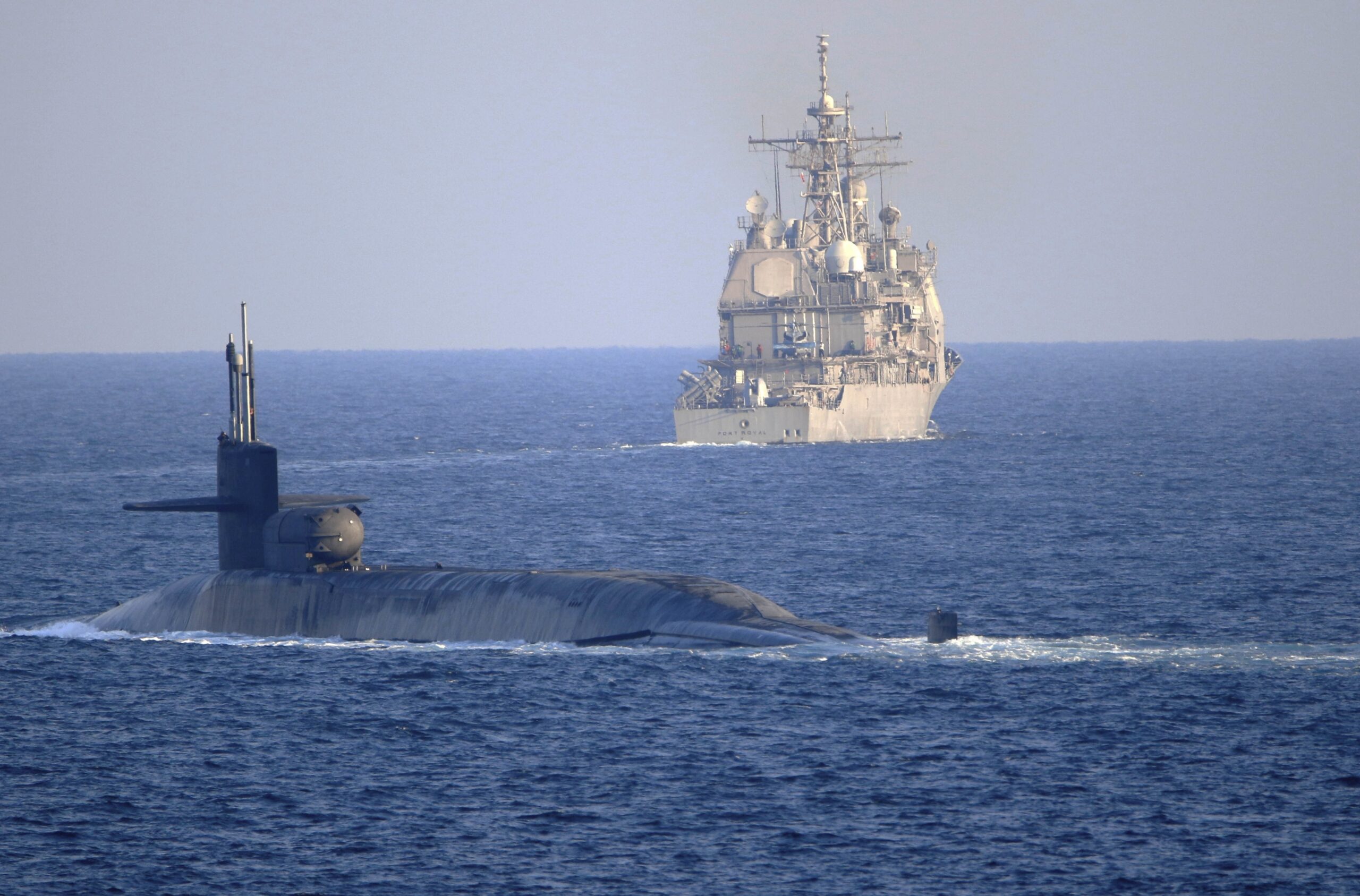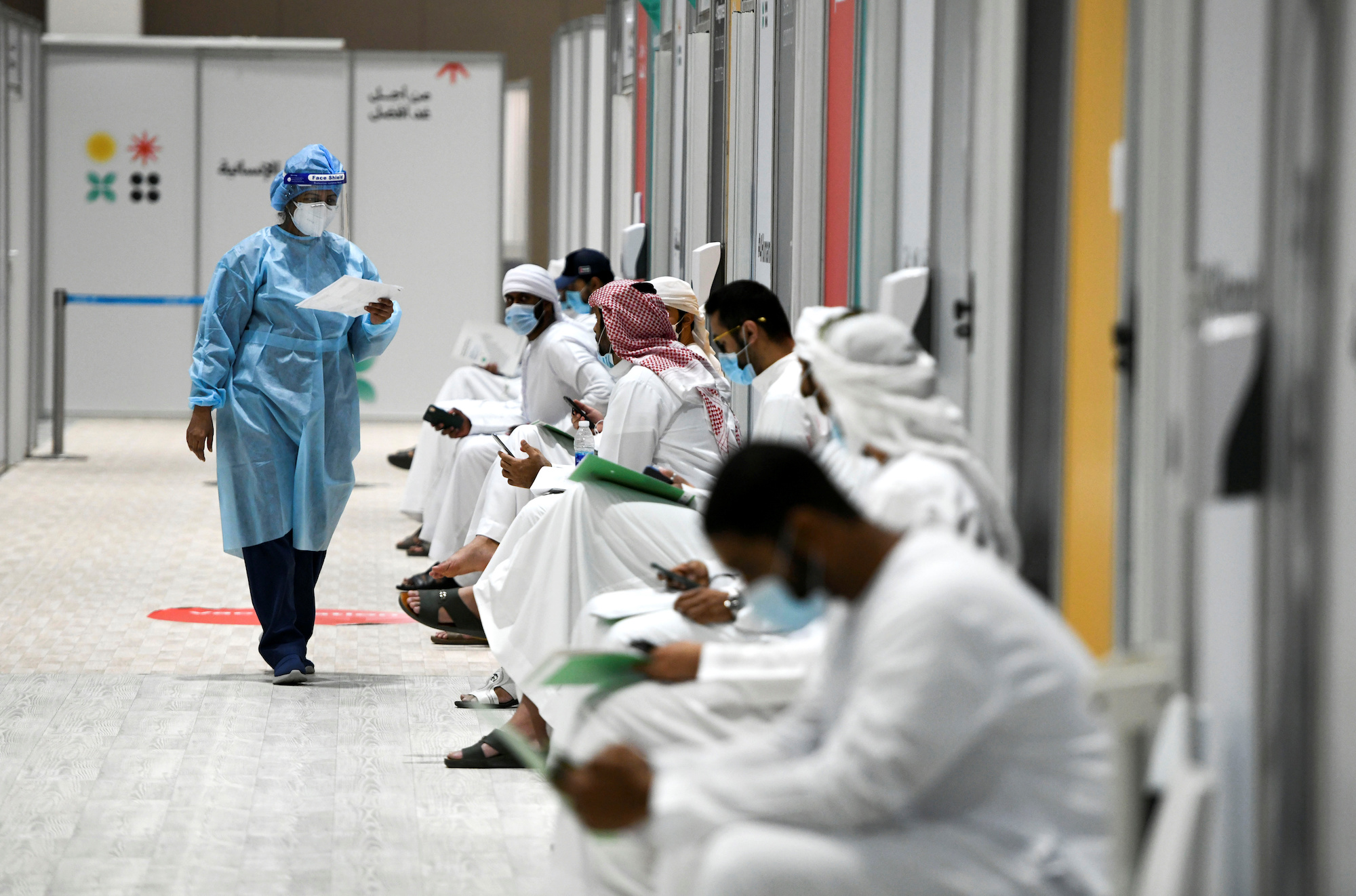Event Report – UAE Security Forum 2021: U.S.-Gulf Relations in a Changing Region
This report is based on the presentations and discussions during the UAE Security Forum 2021, “U.S.-Gulf Relations in a Changing Region,” held December 7-9, 2021 virtually.

Key Findings and Recommendations
- The United States has recalibrated its strategy in the Middle East. Rather than pursuing maximalist grandiose objectives, the U.S. focus is now on coordinating with regional partners to conduct sound and structured policies. The U.S. commitment to its Gulf allies endures, but the focus is to strengthen these allies’ ability to defend themselves.
- An increasing attention to the Indo-Pacific region and a new military strategy built on capabilities that could be deployed rapidly anywhere in the world have created pressures for Washington to scale back its military involvement in the Middle East. However, the Gulf retains strategic importance because of the large military infrastructure Washington has built in the region, focused on maritime security, the free flow of oil, regional stability, and counterterrorism cooperation.
- Over the past two years, regional states have increasingly sought to secure their interests through diplomacy and economic cooperation rather than on the battlefield. Even if this approach has not inevitably led to breakthroughs, it has opened the way for a number of de-escalation efforts, supported with sustained diplomacy and official visits, that have been essential to reducing tensions and avoiding the risks of heightened conflict due to miscalculations.
- While essential to the security of the region, a return to the Joint Comprehensive Plan of Action will not solve the issue of the complicated relations between Tehran and the Gulf Arab states. Iran’s ballistic missile program and the transfer of technologies to nonstate actors continue to pose a daunting security vulnerability Gulf states struggle to address. To help Gulf Arab states address this strategic dilemma, the United States should address regional security more broadly rather than just focusing on the nuclear file and seek to build a multilateral coalition to act against Iran’s support to militias.
- The threat of nonstate actors, such as Iranian-backed militias or the Islamic State in Iraq and the Levant, is tied to power vacuums and failed states. Enhancing states’ capacities – helping them to gain full control of their sovereign space and allowing them to pursue their own balanced foreign policy, like Iraq is doing – will reduce the threat of such groups.
Washington could work more effectively with its regional partners, by engaging in political, diplomatic, and economic activities, to create an environment less favorable to the strategies that Iran and its proxies or allies are pursuing in places like Iraq, Yemen, Syria, and Lebanon. - The Gulf Arab states are pursuing different strategies to reduce the asymmetry in their relationships with Iran. They should work on a more cohesive defense system, such as the new Gulf Cooperation Council Unified Military Command Center.
- The Gulf Arab states’ efforts to increase their own deterrence capabilities and engage with other great powers have created tensions with Washington. Both sides should work on a better alignment of their interests. Washington should also be careful not to draw its regional partners into a cold war situation because of its tense relations with China.
- With the easing of political tensions across the region, governments and private companies are seeking to enhance existing economic linkages and develop new trade and investment partnerships. Increased economic cooperation could improve regional stability, and Gulf governments should work on policies that facilitate this integration.
- The Gulf Arab states are on the path of recovery after the economic crisis brought on by the coronavirus pandemic and low oil prices, and they are implementing promising fiscal, financial, and labor reforms. However, they should pursue a stronger climate agenda and make the energy transition a more important part of their development goals.
The views represented herein are the author's or speaker's own and do not necessarily reflect the views of AGSI, its staff, or its board of directors.
